It’s the council elections tomorrow. Yippee.
Calm yourself. Have you decided who you are going to vote for?
Apparently the first election after lockdown is going to be a big test of the political temperature of the country. Really? Most politicians were rubbish before Covid, and they still are.
It’ll be nice to get out of the house, but you’re still advised to wear a mask to vote.
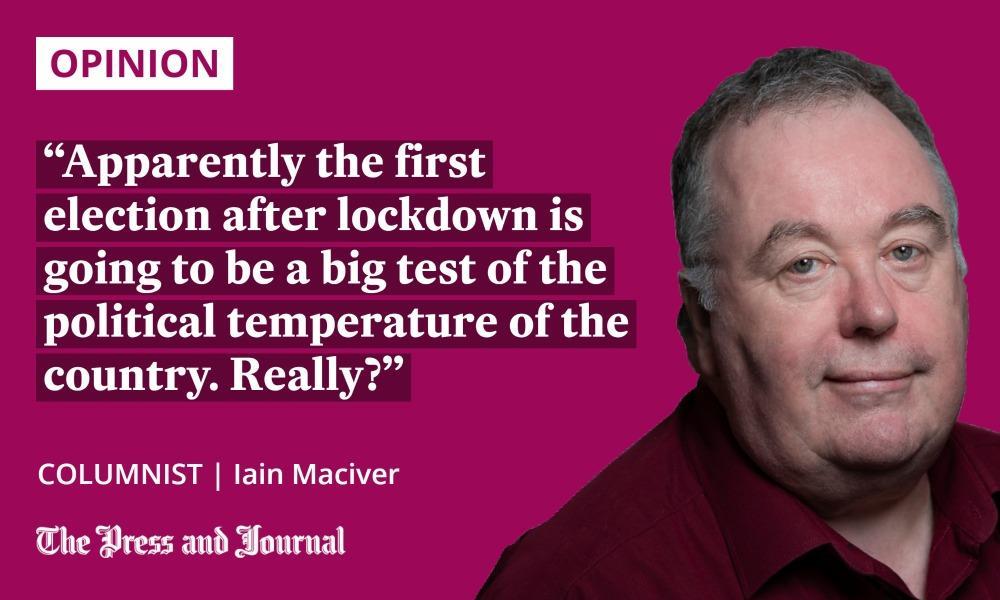
I must stop being tough on hard-working councillors and other politicians. Yes, some of them have been in the role for too long and we see them becoming complacent.
There is much to be said for the joke, often wrongly attributed to Mark Twain, which apparently urges us to vote elected members out after, say, two terms. It goes: “Politicians are like nappies. They should be changed regularly and for the same reason.”
Some of our local Stornoway South candidates came round to try and give us unbiased advice on where to place our crosses. One was full of fun, primarily because our doorbell isn’t working.
Knock knock. “Who’s there?” “Cereal.” “Cereal who?” “Cereal pleasure to meet you. Can I rely on your vote in the election?”
Others are standing, and I’ve no idea who they are. That’s no bad thing. New blood.
Should there be positive discrimination to get more women in government?
One big talking point here is whether any women will be voted onto Western Isles Council tomorrow. The last five years have seen a totally masculine council – or, to be accurate, an all-male council. There’s a difference.
It’s not the same without ladies putting men in their places. It is not being sexist to suggest that a few women can be a positive influence on the democratic process.
I recall one formidable lady councillor making an impassioned plea for more spending on her ward’s roads. Exasperated that money was “being spent willy-nilly” in other areas, she became loud. By the time she sat down, she’d pointed accusingly around the chamber – quite the school marm.
There was an interval in proceedings and, before members trooped back to take their seats, I asked the vice-chair if she had his support. He said: “Oh, heck, aye. If I don’t, I think she would put me across her knee and smack my bottom.”
Should there be positive discrimination to ensure some women get in? That’s one of the great questions, like whether to put vinegar in the pan when you’re making poached eggs. Generally, discrimination of any kind makes me wince and, although I don’t mind a vinegary taste, I’m not sure it’s actually needed.
Sharpen your speed-reading skills to run for council
It was suggested that I stand myself to become an upright, elected member. No way. For me, standing for council is a bit like going wild camping. I thought it was a good idea once. Now I don’t want to do it. That’s why we should respect those who have the time to do their bit.
We know the reputations of certain kinds of politicians, but this is just local stuff. It’s easy. Anyone could do it. Of course, you do have to speed-read through a lot of reports about planning matters, the school curriculum, speed limits, bin collections and the really important stuff – dirty people who don’t pick up after their dogs – so you have a grasp of the issues before you need to vote. It’s not hard work.
I did my best to try to persuade my cousin, Malcolm, to stand. Sadly, he is busy with all his crops at various times of the year. He tells me he is looking for a new tractor. O thiarraidh, maybe it’s as well he didn’t stand. A politician searching for tractors on his phone got into all sorts of trouble in the last week.
So, you just remember, Malcolm, you need a Massey Ferguson, not a massive Ferguson.
Be wary of councillors who’ll say anything
Some politicians will say anything in front of TV cameras. A few general elections ago, a well-known national politician visited a west Highland village to support his party’s candidate.
He was greeted by the local councillor and TV crews. He waved and shook many hands while smiling for the cameras. Finally, he strode up to the councillor and said: “So, councillor. What problems does this village have?” The councillor replied: “Well, we have two big problems.”
Confidently, the politician asked: “OK. What’s your first problem?” The councillor replied: “Our village now has no doctor near at hand.”
The politician pulled out his mobile and made a call. “Hello, NHS Highland chief executive. Hi. I need a quick favour. Can we make sure this village gets weekly visits from a doctor? Right. Get onto it right away.”
The politician then turned to the councillor and said: “Your first problem is sorted. What is your second problem?” The councillor replied: “We have no mobile phone reception.”
Iain Maciver is a former broadcaster and news reporter from the Outer Hebrides

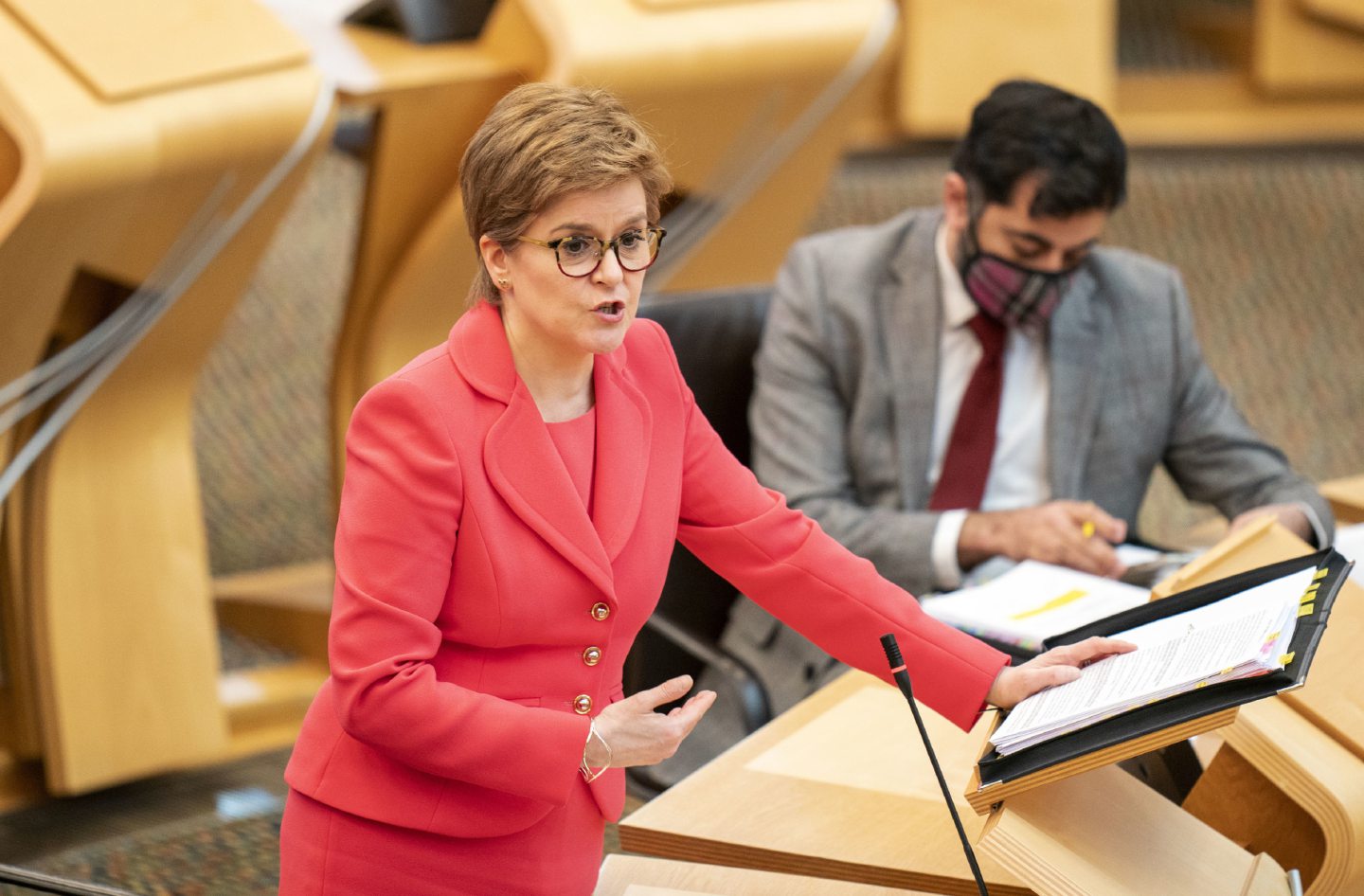

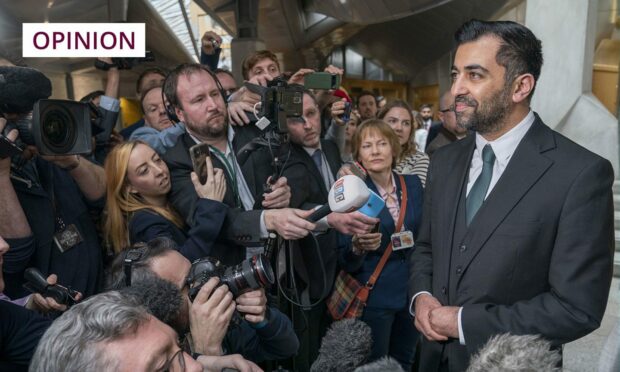
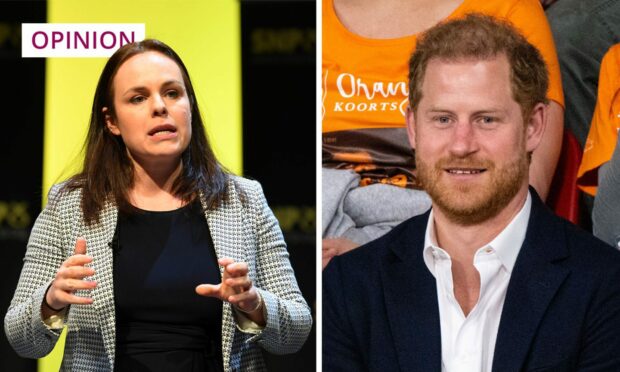
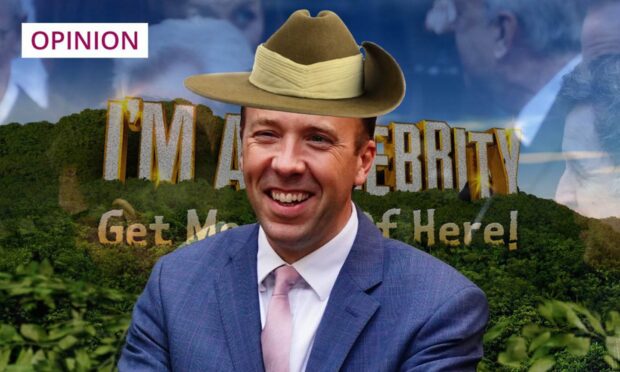
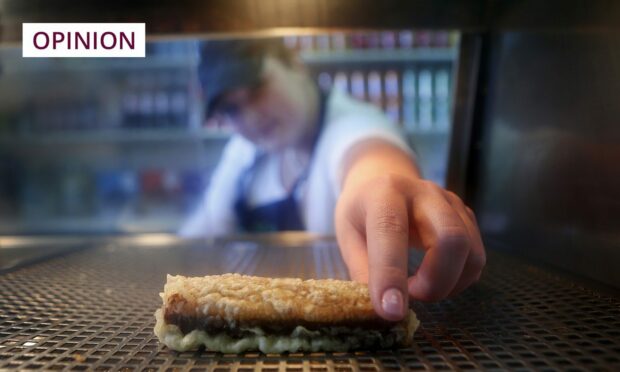











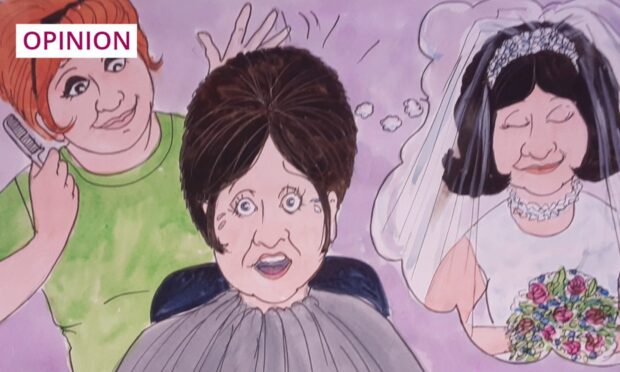
Conversation